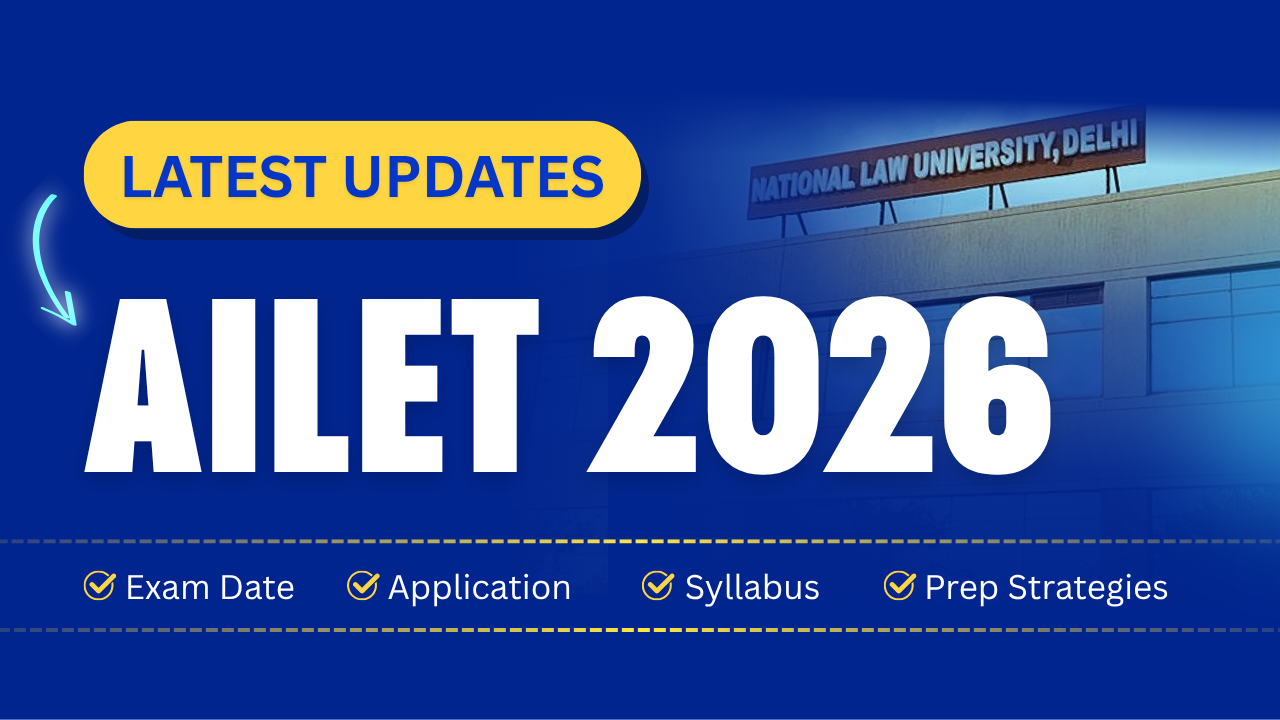By I Sep 19, 2023
 The Common Law Admission Test (CLAT) stands as the gateway to some of the most prestigious law schools in India. Aspiring law students nationwide understand the weight of this examination and dedicate months, even years, to prepare for it. While each section holds its challenges, the legal section, comprising Legal Reasoning and Legal Knowledge, often emerges as a crucial differentiator.
The Common Law Admission Test (CLAT) stands as the gateway to some of the most prestigious law schools in India. Aspiring law students nationwide understand the weight of this examination and dedicate months, even years, to prepare for it. While each section holds its challenges, the legal section, comprising Legal Reasoning and Legal Knowledge, often emerges as a crucial differentiator.
This long-form content delves deep into strategies, resources, and practices that can help aspirants ace the legal section, ensuring a competitive edge in their CLAT journey.
1. The Dual Nature of the Legal Section: Understanding the Basics
The legal section of CLAT is designed to evaluate a candidate's aptitude for studying law. The questions fall broadly into two categories:
Legal Reasoning: This assesses the candidate's ability to apply given legal principles or rules to specific factual situations. Instead of testing memorization, it measures the analytical abilities of the aspirant.
Legal Knowledge: This evaluates familiarity with foundational legal facts, general legal awareness, and knowledge about current events in the legal domain.
2. Getting Started: The Importance of the Right Resources
Before plunging into rigorous preparation, it's essential to stock up on quality resources:
Books: Reference books such as 'Legal Awareness and Legal Reasoning' by A.P. Bhardwaj and 'Universal’s Guide to CLAT & LL.B. Entrance Examination' are excellent starting points. They provide clarity on various legal concepts and offer ample practice material.
Legal News Websites: Websites like Live Law, Bar and Bench, and Indian Kanoon can be valuable for staying updated with the latest in the legal world.
3. The Principle-Fact Approach: Perfecting the Technique
Legal reasoning questions in CLAT often follow a set pattern – a principle is provided, followed by a factual situation. The aspirant's job is to deduce the legal outcome by applying the principle to the given facts. Mastering this approach requires:
Practice: Regularly solve principle-fact based questions. This sharpens your analytical skills and makes you adept at making quick, accurate connections.
Avoid Assumptions: Stick to the information given. Avoid drawing conclusions based on personal opinions or biases.
4. Mock Exams: The Real Taste of CLAT
Mock exams mimic the actual CLAT format, testing not just your knowledge, but also your endurance, speed, and time management. They are invaluable for several reasons:
Identifying Weak Spots: Mock tests help pinpoint areas that need more focus.
Building Speed and Accuracy: Regular practice under timed conditions can significantly boost both.
5. Legal Current Affairs: Staying Updated
Legal events, new laws, amendments, and landmark judgments can all feature in the legal knowledge section. Following legal news religiously ensures you're not caught off-guard by unexpected questions.
6. Collaborative Learning: The Power of Study Groups and Coaching
While self-study forms the bedrock of CLAT preparation, group studies and coaching classes offer distinct advantages:
Discussion and Doubt Clearing: Engaging in group discussions can provide clarity on complex topics.
New Perspectives: Exposure to diverse thinking styles can offer fresh insights and methods.
7. Consistency and Revision: The Final Touch
No matter how thorough your initial preparation, revisiting concepts and practicing questions regularly is vital. This ensures retention and aids in quick recall during the examination.
8. Mind Over Matter: The Psychological Aspect
The months leading up to CLAT can be stressful. Keeping a calm demeanor, maintaining self-belief, and ensuring proper rest are just as crucial as academic preparation.
In Conclusion
Success in the legal section of the CLAT is not just about rote learning. It requires a deep understanding of legal concepts, an analytical mind, and a structured preparation strategy. By focusing on these aspects and utilizing the resources and techniques discussed, you will be well-equipped to face the challenges of the legal section and emerge triumphantly.
Frequently Asked Questions (FAQs) on Mastering the Legal Section of the CLAT Exam
1. What is the CLAT exam?
Answer: The Common Law Admission Test (CLAT) is a centralized national-level entrance test for admissions to undergraduate and postgraduate law programs offered by 22 National Law Universities in India.
2. What does the legal section of the CLAT exam comprise?
Answer: The legal section of CLAT is divided into two main areas: Legal Reasoning, which tests a candidate's ability to apply legal principles to factual situations, and Legal Knowledge, which evaluates a candidate's familiarity with foundational legal facts, general legal awareness, and recent legal events.
3. How can I improve my legal reasoning skills for the CLAT exam?
Answer: To enhance your legal reasoning skills:
Regularly practice principle-fact based questions.
Understand and analyze legal principles deeply.
Engage in mock tests to improve speed and accuracy.
Avoid making assumptions and stick to given information.
4. How do I stay updated with legal current affairs for the CLAT exam?
Answer: Bookmark and regularly visit trusted legal news websites like Live Law, Bar and Bench, and Indian Kanoon. Additionally, reading daily newspapers, especially the legal sections, and subscribing to legal journals or magazines can be beneficial.
5. Are mock exams essential for CLAT preparation?
Answer: Absolutely! Mock exams not only familiarize you with the CLAT format but also help in identifying weak areas, improving time management, and building confidence.
6. Can I rely solely on self-study for the legal section of CLAT?
Answer: While many candidates have successfully cleared CLAT through self-study, joining study groups or coaching centers can offer structured guidance, exposure to different learning perspectives, and regular doubt-clearing sessions.
7. Which books are recommended for the legal section of the CLAT exam?
Answer: Some recommended books include 'Legal Awareness and Legal Reasoning' by A.P. Bhardwaj and 'Universal’s Guide to CLAT & LL.B. Entrance Examination'.
8. How often should I revise the legal topics for the CLAT exam?
Answer: Regular revision is crucial to ensure retention. It's advisable to revisit crucial legal concepts weekly and undertake a comprehensive revision monthly.
9. Is the legal section of the CLAT exam more about memorization or understanding?
Answer: The legal section is more about understanding and applying legal concepts rather than rote memorization. Analytical skills are paramount, especially in the Legal Reasoning segment.
10. How can I manage stress during the months leading up to the CLAT exam?
Answer: Ensuring a consistent study routine, taking short breaks, engaging in recreational activities, practicing meditation, and ensuring proper sleep can help manage stress.
11. Are previous years' question papers helpful for preparing the legal section?
Answer: Yes, solving previous years' question papers gives insights into the pattern of questions, the complexity of the legal section, and aids in effective preparation.
12. How many questions can I expect from the legal section in the CLAT exam?
Answer: The exact number can vary yearly, but traditionally, the CLAT undergraduate exam contains around 35-40 questions from the legal aptitude section.
For more informative blogs on Clat 2024 preparation, Click Here!



